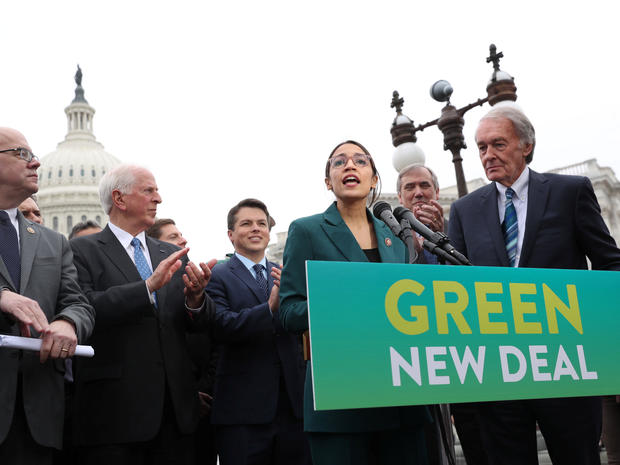China Is Spying On Israel to Steal Russian foreign policy news. President Trump’s occasionally erratic approach to diplomatic challenges may be a symptom of broader American disenchantment with the country’s post-World War II leadership role, but it’s also likely causing a long-building crisis in U.
State Department counselor and foreign policy scholar Eliot Cohen. And then in the 1990s and early 2000s, there was no public reconsideration of the policy that had given us a military an order of magnitude larger than we had ever had, and permanent alliances in peace time, and deployments overseas. Fatigue with so-called “forever-wars” in Iraq and Afghanistan has likewise fueled attitudinal shifts, he said, as has the fact that there will soon be no living memory of the Second World War. It’s often underestimated how important that is,” said Cohen, who is now executive vice dean of Johns Hopkins University’s School of Advanced International Studies. Cold War presidents had some kind of connection to the Second World War,” he continued. They all had learned some very profound lessons about what happens when the United States chooses not to be a major actor in shaping world order. In an interview with Intelligence Matters host and CBS News Senior National Security contributor Michael Morell, Cohen, who also served as senior adviser to former Secretary of State Condoleezza Rice from 2007 to 2009, elaborated on arguments from an essay he published recently in Foreign Affairs titled, “America’s Long Goodbye.
What the fundamental argument is, is that to some extent what Trump represents is a broader, not complete, but a broader American disenchantment with the role that we’ve played in the world since 1945,” Cohen said. The desire to really disengage almost completely from the Middle East. The unwillingness to really contribute to the building of alliances,” Cohen said, “I think, to some extent, he’s representing a kind of broader sort of fatigue, which has a number of different sources. Trump has also made questionable strategic or policy decisions in his own right, Cohen said. Cohen said the inconsistency of the administration approach will likely make other state and non-state actors more assertive and, potentially, more aggressive. I think you’ll see more of that. And the result of that, I think, would be a more chaotic kind of world,” he said.

For much more from Michael Morell’s conversation with Eliot Cohen, you can listen to the new episode and subscribe to Intelligence Matters here. Can Apple Card really disrupt the credit card market? FILE PHOTO: Russian Foreign Minister Sergei Lavrov addresses the Conference on Disarmament at the United Nations in Geneva, Switzerland, March 20, 2019. Russian Foreign Minister Sergei Lavrov told U.
Secretary of State Mike Pompeo on Monday that he believed the United States had tried to organize a coup in Venezuela and this violated the United Nations charter, the foreign ministry said. Venezuelan President Nicolas Maduro and condemned Russian military support for his government. All quotes delayed a minimum of 15 minutes. Russian news sites portray the U. A Russian policeman looks at TV screens in a shop in Moscow on Feb. 1, 2007, during the broadcasting of Russian President Vladimir Putin’s annual address to Russian and foreign media. The Russian media is obsessed with the American civil war.
No, not the one that erupted in 1861 over the secession of the South—the civil war that’s coming with the next U. More than 30 articles were published in the past few days on some of the country’s most popular news sites ahead of a hotly contested congressional election in the United States next week, all suggesting that Americans might turn their many guns against each other. Russian state-owned news agency RIA Novosti. The agency’s website is the second most widely read news site in Russia, according to data from Rambler. An opinion piece published jointly in the Boston Globe and the U. Sunday Times late last month by the historian and conservative commentator Niall Ferguson, a senior fellow at Stanford University’s Hoover Institution. In the article, Ferguson explores some arguments made by other historians about political polarization and violence in the United States.
But while the divisions in the country are troubling, he concludes, civil war is not imminent. The evidence suggests that the extreme right and extreme left are two noisy minorities. But Ferguson’s nuance, and the fact that he was writing an opinion piece, were largely absent from the Russian media accounts. While it’s not clear how so many Russian news sites decided to amplify the one article, stories that seek to undermine faith in Western democracy among Russian audiences are a staple of the Russian media, much of which is state-controlled.





